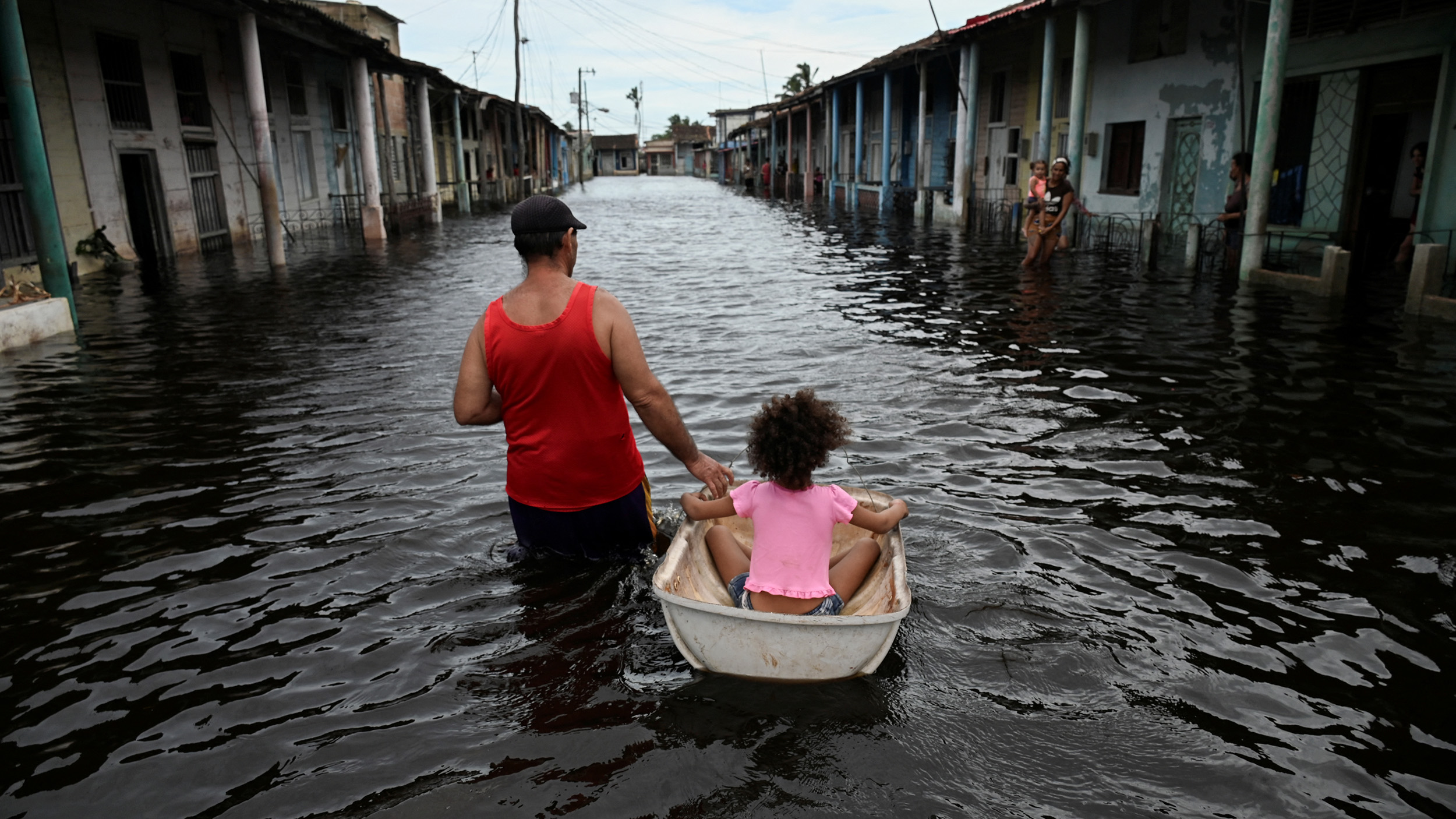Only if we fix the inequities in basic human development, says Glenn Loury, Harvard’s first African American tenured professor in the economics department.
Question: What are the underlying issues we need to discuss?
Glenn Loury: we have to look these real objective differences of acquired capacities in the lives of human beings in the face, as between racial groups, and then think about what to do with it. To me, the first step along that way, the most important step along that way is constructing a social safe.
In my mind, if we're going to look these problems of disparity between racial groups in the United States, disparity of human development and acquired capacity for functioning. Look these problems directly on, then the solutions that suggest themselves to me are building a system of social supports, of mutual support that includes everyone, and that, therefore, eases the difficult situation of people who are especially disadvantaged, which people will be disproportionately present in the African American population, in a disadvantage racial minority population.
So we need to fix the schools. We, actually, I think, need to spend a lot more than we do spend on educating our young people. I could go down a litany; I'm going to have a whole lot of policy suggestions to throw out and I'm not sure that's -- this is the time or place for it. But I'm saying healthcare fixes our attention on one particular issue.
We can talk about education, we can talk about jobs, we can talk about what we do in our cities. We can talk about how we deal with the homeless and the mentally ill, and such. And we can talk about the gated community syndrome, the it's not my problem I don't want to pay any tax. Whatever. So this will sound pie in the sky; why don't we have a Northern European style welfare state? Why is the United States 50 years or more behind in the development of the institutions of social cooperation that we see in other societies, like France and Britain, and Germany, and the Netherlands, and Sweden, and so on? Canada.
And how can we countenance this two-tier or multi-tier system of education where we know in advance that we're consigning some of our young people to lives of social marginality. It's a practically predictable consequence of what we do. And yet our vested interests are such that those of us who are the best off and the most influential have got our kids taken care of, that we're prepared to countenance. The land of the free -- we've got an army marching around the world under the banner of freedom, and yet, we are the most un-free society, in terms of institutions of the deprivation of liberty, of incarceration. The incidents of incarceration is higher in the United States than elsewhere in the world. How can we countenance, and so on and so forth?
So my sermon, in answer to the question of what is it to do, and my sermon for us Americans, would be to construct the kind of institutions of mutuality and social cooperation that don't leave 15 or 20 percent of our people falling through the cracks. We can do it. It's not like we don't know what to do. It's not like there aren't models there. It's not like this isn't being done elsewhere. It's not like we can't afford to do it. It's a question of political will and it's about our definition as a people. What kind of community are we? So, that's where I would start the sermon. How to translate that into policy? Well easier said than done. I'm aware of that, but that's how I see it.
Recorded on: August 18, 2009





